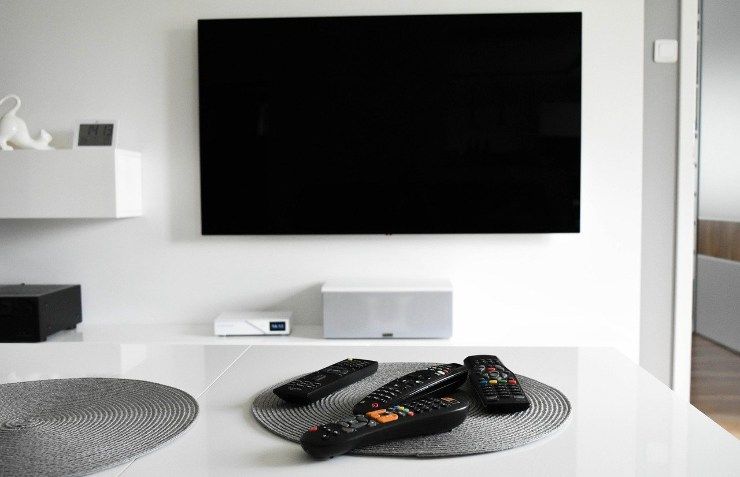The Rai license directly charged to citizens’ bills has infuriated everyone, but the controversy is not over: they are also thinking of taxing owners of smartphones and tablets.
Carlo Fuortes, CEO of RAI, described the collection method used by RAI to collect the fee as “inconvenient”. It is therefore necessary to review the form of collection, without charging it directly to the bills of Italians. But other controversies have been moving and have been making people talk for days: it concerns the taxation of smartphones and tablets.
The RAI executives had considered this maneuver to stem the red coffers, with revenues in constant decline in recent years. Unfortunately, despite the inconvenient and incorrect maneuver that forced all citizens on the Italian territory to adapt, public TV finances have not been healedIndeed, for this reason the alternatives are shocking.
Read also → Rome Film Festival, Bellocchio and the redemption of the seventh art
RAI license, still controversy: there are plans to tax smartphone and tablet owners

Nothing is yet known about the future of the RAI canon, and we do not know what will happen within the Italian television company. Carlo Fuortes is planning more effective maneuvers to keep RAI’s capital stable, and for this reason we are talking about also tax the owners of smartphones and tablets.
The decision to charge the RAI fee also to smartphone and tablet owners derives from the possibility, in the age of the internet, of being able to watch TV directly through the App Rai Play. Platform viewed by an ever higher percentage of the population. The losses due to the drop in audience ratings on public television and the loss of revenue due to advertising would thus be reported in the balance sheet thanks to the new taxation.
Read also → Food recalls of the week: the complete list of withdrawn products
But this shocked both citizens and political forces. Which averted a new tax on the shoulders of Italians, already in economic difficulty. At the moment, the maneuver would not seem to start. The controversy regarding the Rai Fee in the bill still remains alive, especially in a historical moment like this, where very few citizens watch traditional TV channels, opting for platforms belonging to the streaming giants.
–

